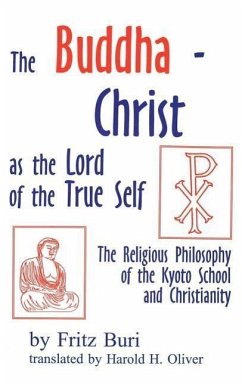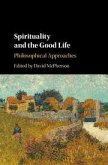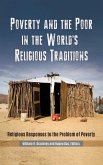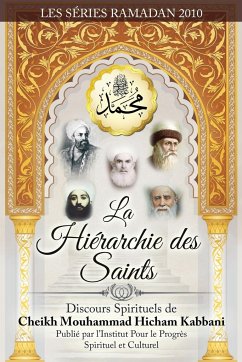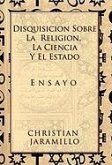The Buddha-Christ may well be the crowning achievement of a career rich in insights and endowed with courage. No one will fail to learn something from this book, and few will complete it without some appreciation of the gift Buri has given us. The Buddha-Christ arose out of Buri's preoccupation over an extended period with the spiritual world of Buddhism. But "I cannot even speak of Buddhism", he says in his foreword, "without thereby stating what I mean by Christianity, both for its own sake and for the evaluation of Buddhism. For both Buddhism as well as Christianity are about the 'Lord of the True Self". Buri explains that For Buddhists ... The Lord of the True Self is a fundamental statement about kyamuni (Gautama the Buddha) and their relationship to him, just as for Christians, especially from the perspective of Paul, the confession of Jesus as Lord is of central significance. With this Lord if he really is the Lord we are not dealing with a product of one's own heart, but with a Beyond, with the Transcendence to which they experience themselves related. The Lord of the True Self is an expression for the transcendent relatedness of self-understanding. Theology today is becoming increasingly aware of a new world openness of Christianity (to use the title of the Festschrift presented to Buri on his eightieth birthday in 1987). Translator Harold Oliver suggests that "it may well be that what Buri has attempted in this volume vis-a-vis the legacy of Japanese culture ... will need to be extended to other world religions and could serve as a model for such undertakings. This must be done, "Oliver concludes, "not as a distracting aside within theology, but as an essential part ofthe theological task itself". Christian theology will long be indebted to Buri for sharing his world openness with us. Also, English-reading students of Christian theology must be grateful to Harold Oliver for making the profound insights of Buri readily available for seri

